(ThyBlackMan.com) The culture wars. Not the variety supposedly being waged on the national stage in America this election season. No, this one falls under another category. One that I would wager a greater number of black men of a certain age are grappling with. The hip-hop variety. A struggle that grips the masses, the flames of which were most recently stoked by Lupe Fiasco. Yes, the same Lupe Fiasco who recommends that black folk boycott the upcoming national election. A continuous and unfortunate secondary narrative in his otherwise commendable or at least interesting public persona.
The in depth analysis on Lupe’s Bitch Badhas brought it up again. The search for an answer unites backpackers and thugs alike. I can’t write the Lupe Fiasco article. That’s been done at least 100 times in that song’s young life. And in this 24 hour news cycle, I’m more than 15 minutes too late to focus on it. Perhaps the response to the song is more a reflection of the paucity of nuanced analysis of gender in mainstream hip-hop than the quality of the work itself.
An interesting question was posed to me after I applauded Lupe’s latest single and recommended that a friend take a closer listen. The response from that friend was immediate and it stung. How can you support that Lupe joint and around the same time post a Facebook link of Juicy J’s Bands a Make 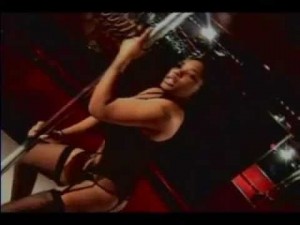 Her Dance and later his ode to the joys of sipping “sizzurp”, Codeine Cups? I had to respond quickly. My struggle credentials were on the line. What would be my angle?
Her Dance and later his ode to the joys of sipping “sizzurp”, Codeine Cups? I had to respond quickly. My struggle credentials were on the line. What would be my angle?
Juicy J won an Academy Award! He’s old enough and has lived long enough to say whatever he wants! For every Chuck D there has to be a Flava Flav. Everybody loved Redd Foxx and Dolemite back in the day and in rap years Juicy J has to be about in his late 60’s or early 70’s. He’s an OG that in the immortal words of Mel Brooks “rises below vulgarity.” I was running out of options on defense. Maybe I didn’t even like Bitch Badat all but just said I did because I was expected to.
Perhaps approaching 40 years old had turned me into a lover all things ignorant having been duped by so many “conscious” rappers over the years into believing that the revolution was right around the corner. The British all seem so sophisticated, but didn’t they love Benny Hill? African-American women embrace Madea. Tyler Perry through that character seemingly in a in a full sprint to appropriate enough racist and sexist stereotypes to make John H. Johnson turn cyclone-like in his grave.
Maybe I had to come clean and admit that I kinda/sorta disliked black male public figures that didn’t expose the totality of their lived experience. I have to admit I will turn a channel with lightning speed if I see Hill Harper or the multiple divorcee relationship “expert” Steve Harvey offering advice on how I can be a better black man.
I’ll get my medicine measure from someone like the hip-hop artist Phonte who in the wonderful song “Who Loves You More” from the tragically overlooked album, Charity Starts at Home, explores the internal battle of brothers who know what is necessary to sustain a relationship and to honor their mate but vigorously pursue the opposite, perhaps being driven by the legacy of improper upbringing, machismo, self-hate, or just plain old fashioned selfishness. Phonte forwards his story in the song by saying his behavior is “like Marvin (Gaye) and Basquiat, it comes with a caveat” and then commences to take his congregation to church withoutpreaching. He relates a story of being a provider, role model, and philanderer in the same verse. Not an easy thing to do but something Phonte has been able to navigate his entire career. The duality of man.
But back to the earlier question, restated, which is how can one appreciate hip-hop as divergent as that being produced by Juicy J and Lupe Fiasco? Because both are in us as black men.
When we watch a film like Goodfellas or more recently Afro-British director Steve McQueen’s Shame, we are dealing with tough, difficult characters that in the case of the former may have nothing of meaningful social value surrounding them. But we appreciate the artistry on display. A fan of good cinema understands that a story well told, even when the subject matter is unpleasant, is worth the investment of viewing time. Maybe the same can be said for music.
Juicy J is unredeemable but the aural landscape he creates is all consuming, complex, multilayered, and as vivid as the world Martin Scorsese created for Henry Hill. Maybe I’m reaching. Keeping it real. His music bangs…HARD! And he’s been around long enough to have mastered his particular subgenre of hip-hop music. The strip club anthem. In his portfolio is a natural evolution from the days of Uncle Luke. We should be supportive of progress—right?
I appreciate Lupe Fiasco and that music dealing with gender, race, self-image, sexism, and commodified blackness has reached the American airwaves. However, if there were more Phonte’s allowed to rent the studio apartment that is black American radio, we might be less likely to wildly praise the rare instances where message music reaches the masses. I’m not hating, but at this stage, with the volume of press surrounding it, Bitch Bad might be viewed as superior to Lupe Fiasco’s early, better Kick Push. And that would just be wrong on so many levels.
Staff Writer; Christopher Keith Johnson





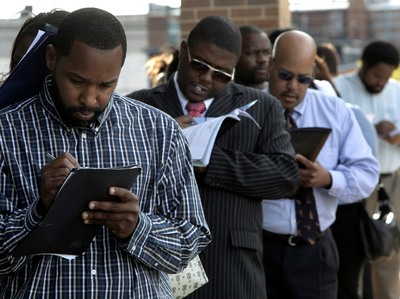










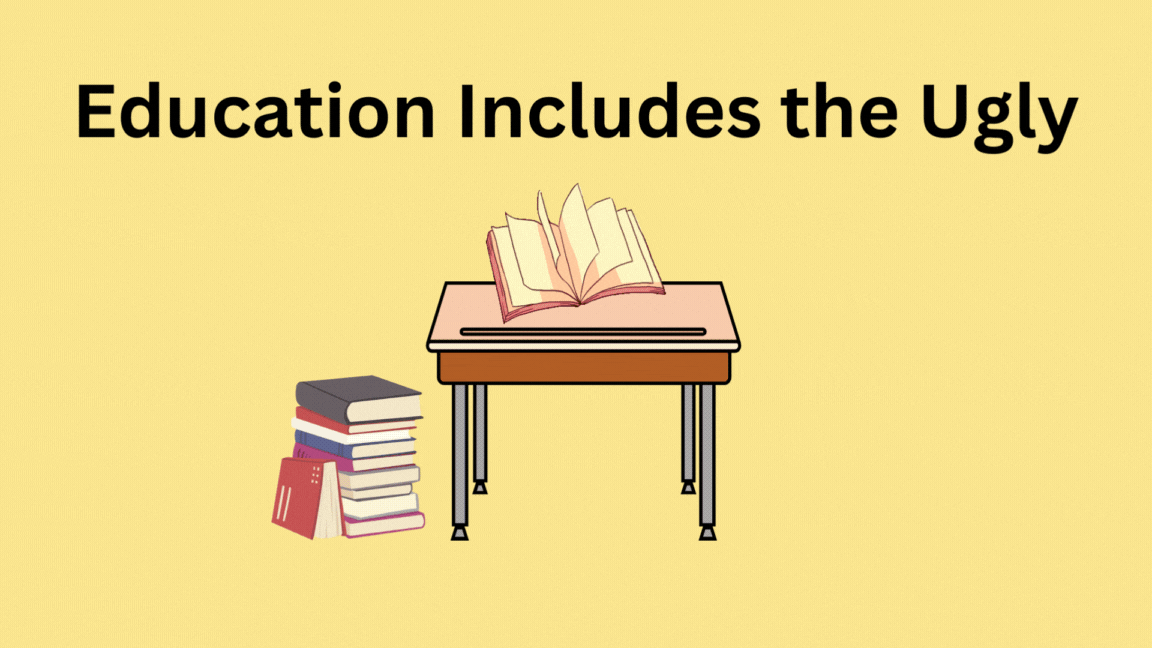
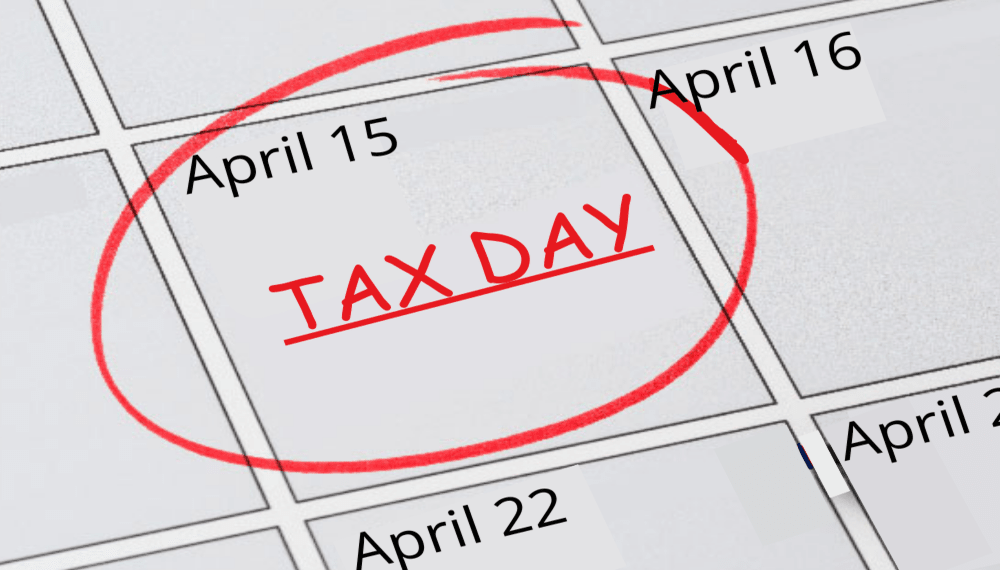
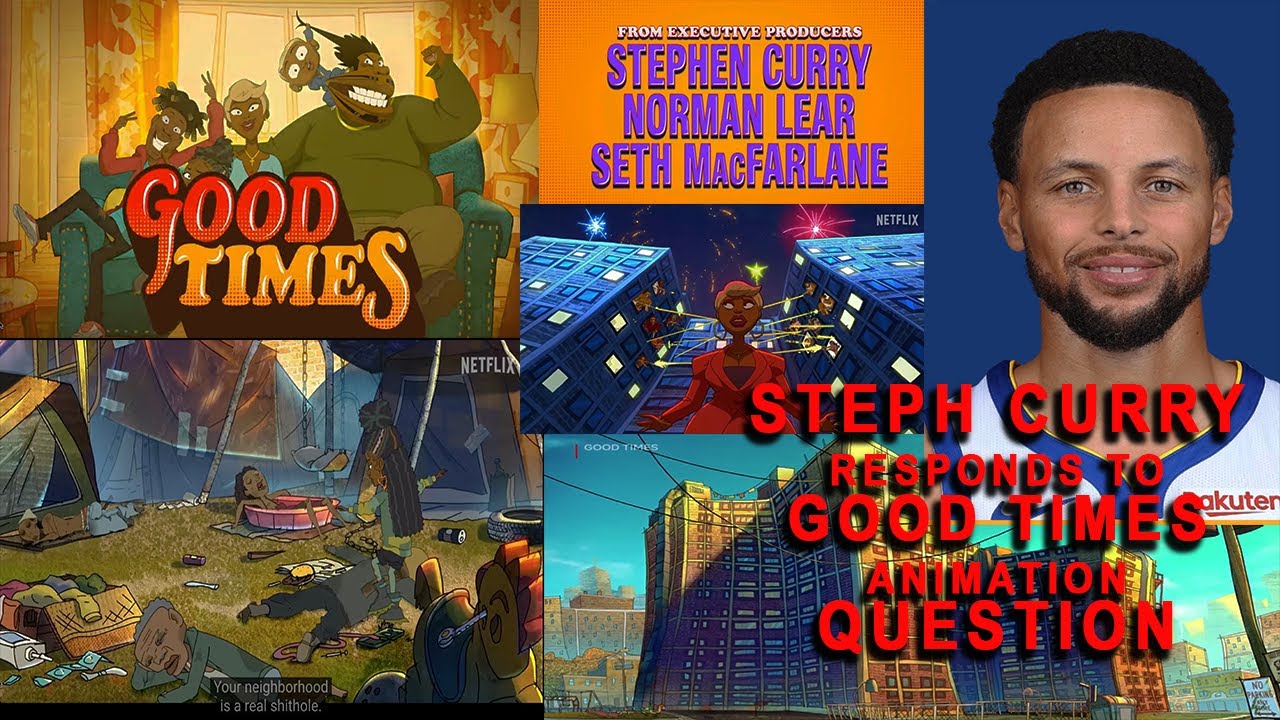

@DL. Excellent point! How music has gone downhill is an oft told tale. Our generation not treating hip-hop like our grandparents treated Jazz is so much a part of the problem. Black people have not had a long history of controlling our music. We might actually have MORE administrative and financial control now than ever. Even during those RACE RECORD days of yesteryear there was always someone from outside pulling the strings. Difference is, we made sure that what was BIG was also GOOD(sounding). I think the music is what the times demand. And largely what the times deserve. No social movement to “police” content or quality. The result is all around us.
Interesting critique! As the GM/PD/MD of my campus radio station I grapple with this very frequently. I’m nearly 40 and I am programming the station adding music like Bands and B!tch Bad and sometimes I feel like I am doing the students that listen to the station a disservice…but hey if we don’t play it they will listen elsewhere, right? I had to really reason this out and I came to the conclusion that when we were in the coveted 18 – 24 demographic we had songs just like B!tch Band and Bands. The difference is the music was more balanced…for every Bands we had 4 or 5 B!tch Bads. The music is not inherently bad, I think it has a place just like the revolutionary music. The “party element” of the music has been hyper-inflated and promoted. What we seek is a balance…not an elimination of any form of hip hop.
Thats my 2 cents lol